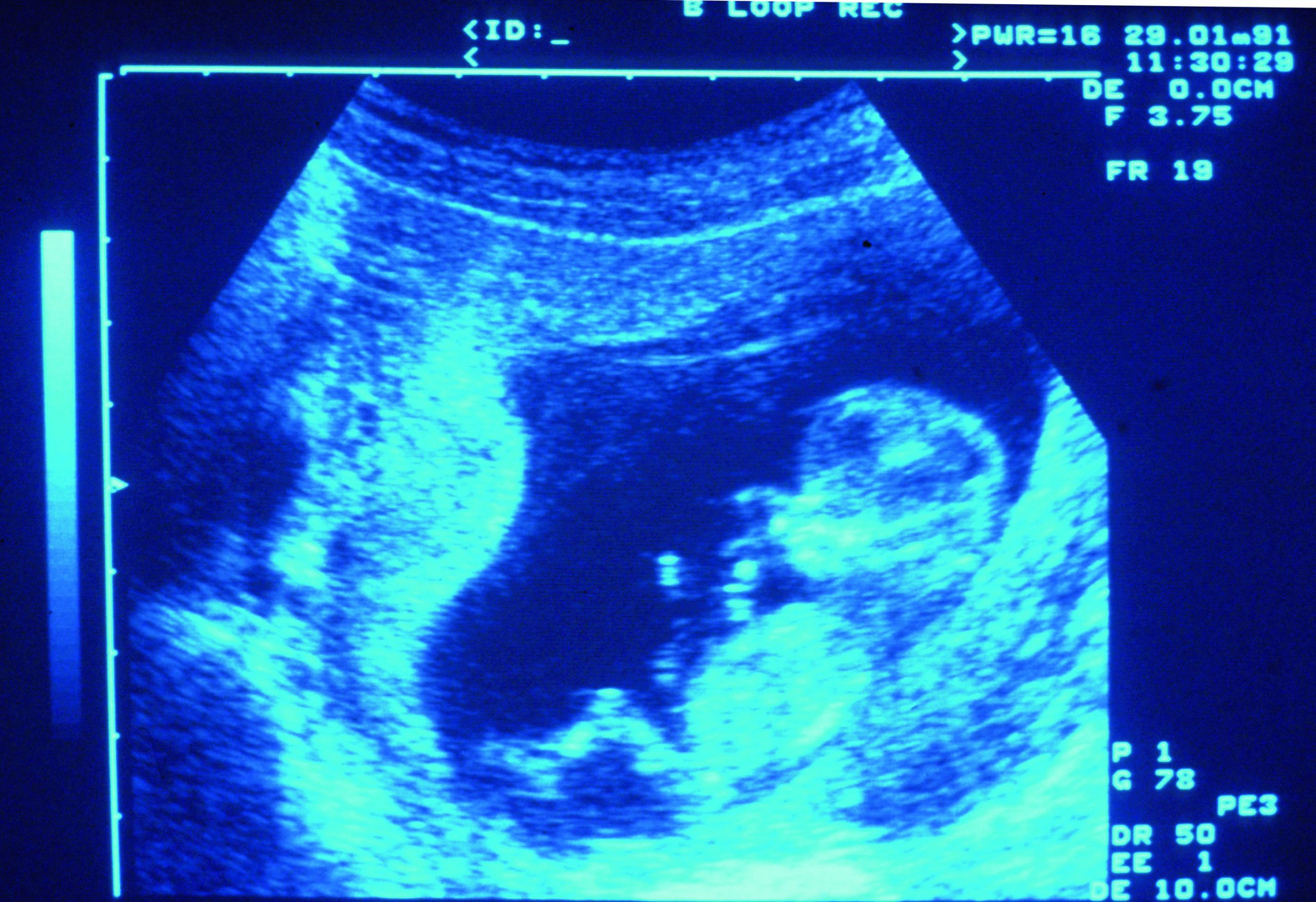Tribune of Jerry Sainte-Rose, Honorary Advocate-General at the Court of Cassation and former State Councillor
On January 20, 2012, a motorist lost control of his vehicle, mounted the pavement and knocked down a woman seven months pregnant. The unborn child, a boy of 1.750 kg whose parents had chosen to call Yanis, was killed instantly. On February 14, 2014, the Tarbes Criminal Chamber of the Court of First Instance sentenced the driver not only for injury to the woman, but also for the involuntary manslaughter of the foetus. The causal link between the shock and the death of the child, direct and certain, was established by medical expertise. In addition, psychological expertise “demonstrated the significant psychological trauma borne by the young woman because of this terrible loss” while on the other hand, the motorist “displayed significant feelings of guilt at the mention of the accident” and said that “he was aware of having caused the death of a baby and did not want to challenge the full status of a human being”.
On the basis of Article 221-6 of the Penal Code, which criminalises manslaughter, the court found the perpetrator of the accident guilty of having unintentionally caused the death of the stillborn baby, Yanis C.
It appears from the judgment that the causal link established between the accident and the death of the unborn child characterises as manslaughter. The defendant, “conscious of having caused the death of a baby“, did not dispute the facts and acknowledged the charges of manslaughter. He “accepted, in order to be able to start afresh, his punishment (…) for having ended the life of the unborn child“.
The decision revives an old tradition. Since the Frankish period, through the Criminal Code of 1810 in the wake of the doctrine of human rights, violations of the life of the unborn child have been implicated. From the 19th century, the criminal courts have recognised that an unborn child, particularly exposed to the risks of everyday life as well as medical malpractice, could be a victim of manslaughter.
Nevertheless, since 1999 the Court of Cassation, rupturing a more than century-old case law, judged that the death of the unborn child caused by the carelessness or negligence of a third party did not constitute such an offense.
However, nothing in the preparatory work of the Criminal Code that came into force in 1994 suggested that the legislature deprived the foetus – which is a patient in medicine – of the criminal protection from which it benefited previously.
We are not here in the particular case of abortion, freedom given to pregnant women only and under certain conditions, by an act of decriminalisation. This freedom is an exception, the only one, to the principle that heads the provisions on abortion and according to which “the law guarantees the respect of the human being from the beginning of life“, a principle taken by the Article 16 of the Civil Code, which is of public order.
Most commentators have highlighted the paradoxical consequences of case law that plunges the unborn child in a criminal law void, whatever its degree of development: causing death in the womb is not punishable whereas same act would be punished if it causes injury or death occurring only a few moments after birth.
In the commented case, the parents “do not seek financial compensation for Yanis“, but only recognition of the life and death of their child, and the expert concludes that “it is essential to allow parents to recognise the death of the child as the part of the family history, thereby ensuring their role as bereaved parents“. How can the child be mourned if the justice is in denial of his very life and his death?
By recognising that manslaughter means the destruction of human life, and that Yanis C. lived and died through the fault of the motorist found guilty of manslaughter, the judgment of the Tarbes Criminal Court revives the case law tradition, common sense and humanity.

